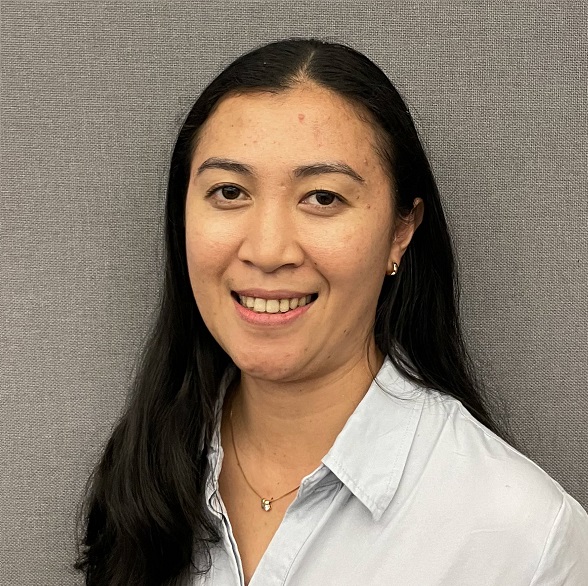May 17, 2024
Two Global WACh Certificate students receive Department of Global Health travel fellowships
First-year MPH in Global Health and Global WACh Graduate Certificate Program students, Edith Dale and Rara Deathicta Santoso Sudiro Dethan, are recipients of the 2024 Department of Global Health’s Funding for Fieldwork Fellowships. These coveted fellowships help support fieldwork experience for graduate students interested in gaining hands-on global health research experience abroad. Meet the students and read about their projects below.

Edith Dale
Project Title: Enhancing cervical cancer awareness and HPV vaccination in Nakuru, Kenya
Cervical cancer is a major health concern in Kenya, primarily caused by human papillomavirus (HPV). Despite effective vaccines, many young women, particularly in rural areas, lack awareness and face barriers to access. Bridging this gap through education and vaccination is essential to reducing cervical cancer rates and promoting women’s health in Nakuru County. Edith’s project involves collaboration with local health promoters to develop and distribute culturally sensitive educational materials, along with vaccination drives in schools and religious gatherings. Additionally, she will support the host organization by promoting long-term cervical cancer prevention strategies through workshops, role plays, and meetings with local leaders. These efforts aim to increase education and encourage cervical cancer screening and prevention among young women in Nakuru County.

Rara Deathicta Santoso Sudiro Dethan
Project Title: Understanding healthcare providers’ perspectives and experiences regarding ‘Responding to Gender-Based Violence’
In Rara’s home country of Timor-Leste, there is a high prevalence of gender-based violence that contributes to negative impacts on the physical, psychological, and reproductive health of women and girls. It is critical for healthcare providers to effectively respond to GBV in health facilities. This summer, Rara will conduct an evaluation of the effectiveness of the ‘Responding to GBV’ training program for healthcare providers implemented by the local NGO, HAMNASA (meaning Hamutuk Nasaun Saudavel, or Together a Healthy Country) in two municipalities (Liquica and Ermera). Through in-depth interviews and focus group discussions, she aims to identify facilitators and barriers perceived and experienced by the healthcare providers regarding the training. The assessment outputs aim to provide actionable recommendations to strengthen the training program and support HAMNASA and the Ministry of Health in enhancing the healthcare system’s capacity to address GBV in Timor-Leste.